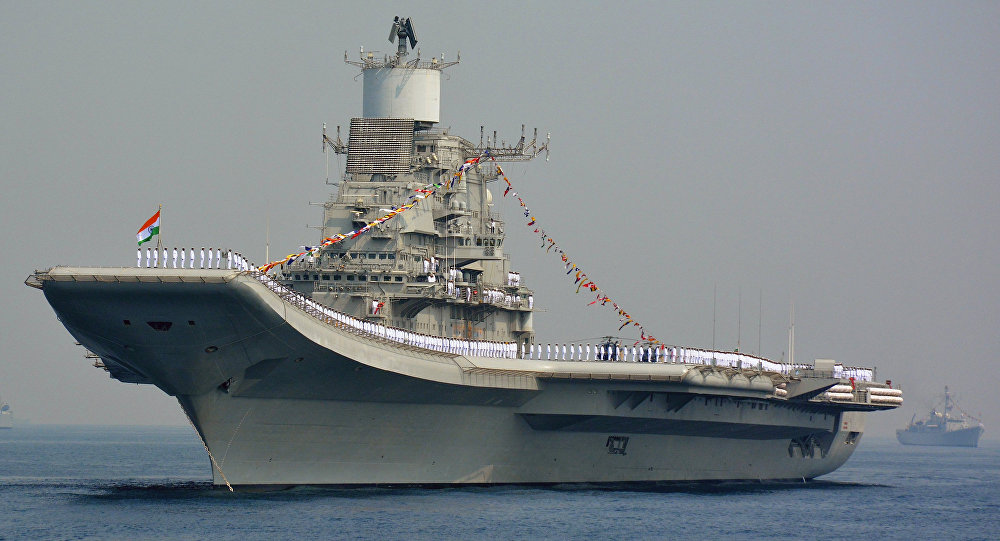When Wing Commander Abhinandan was a captive, India considered the option of naval blockade of Pakistan to bring the terrorist nation to the negotiation table. A naval blockade is an effort to cut supplies of the enemy nation through the sea using the navy to weaken them. The naval blockade was an important part of the war strategy of allied powers during World War I. India has one of the most powerful navies in the world. The neighbouring country has a small coastline compared to India and Pakistani Navy is very weak. Indian Navy has 16 submarines including 1 nuclear-powered attack submarine, 1 aircraft carrier, 1 amphibious transport. In addition to that, the country has 14 destroyers, 13 frigates, 106 patrol and coastal combatant vessels, and 75 combat capable aircraft. On the other hand, the Pakistani Navy has just 9 frigates, 8 submarines, 17 patrol and coastal vessels, and 8 combat capable aircraft.
Given the naval superiority of India, the country could opt for the option of the naval blockade to weaken Pakistan. Pakistan does not have the capability to stop the Indian Navy from blocking its supplies due to weak naval capability. Pakistan has complained to countries like the United States that India is moving most of its warships to the Arabian Sea. This represents the fear of Pakistan that India could block the supplies of fuel and other important imports. As per the estimation of German Board of Public Health, more than 7 lakh civilians died in Germany due to starvation and disease caused by blockade of supplies by allied powers. Pakistan fears that it would face the same situation if India blocks the supplies.
The oil consumption of Pakistan is 6 lakh barrels of oil (bopd) per day. The domestic oil production accounts for only 15 percent of total requirements (90,000 bopd). More than three-quarters of oil imports come from the UAE and Saudi Arabia. These imports through the Arabian Sea could be easily blocked by Indian Navy with its powerful presence in the Indian Ocean. The import of other important petroleum products and necessary supplies comes to Pakistan through the Arabian Sea.
Pakistan is heavily dependent on imported oil for its energy requirement. The country has an almost negligible deposit of coal and domestic production of oil and natural gas is also very low. As per an article by Venu Gopal Narayanan on Swarajya, “Annual electricity generation (of Pakistan) is 124 terawatt hours (Twh). 34 percent is from gas, 27 percent from hydel, 7 percent nuclear, and, very surprisingly, 30 percent from furnace oil (an imported crude distillate),” compared to “76 per cent coal, 9 per cent hydel, 6 per cent renewable, 5 per cent gas, & 2.5 per cent nuclear. Diesel and furnace oil total only 0.7 percent),” in India.
The air strike by India Air Force was the first attack in the history of the world by a nuclear power against another nuclear power. However, Pakistan did not retaliate to this attack in a powerful way. The air strike by Pakistan on India soil was more like ‘Sorry, but I got to do this to save my face’. The country fears that in any warlike situation it stands nowhere to India. The naval superiority, air force prowess of India stops Pakistan from taking any action against India.
